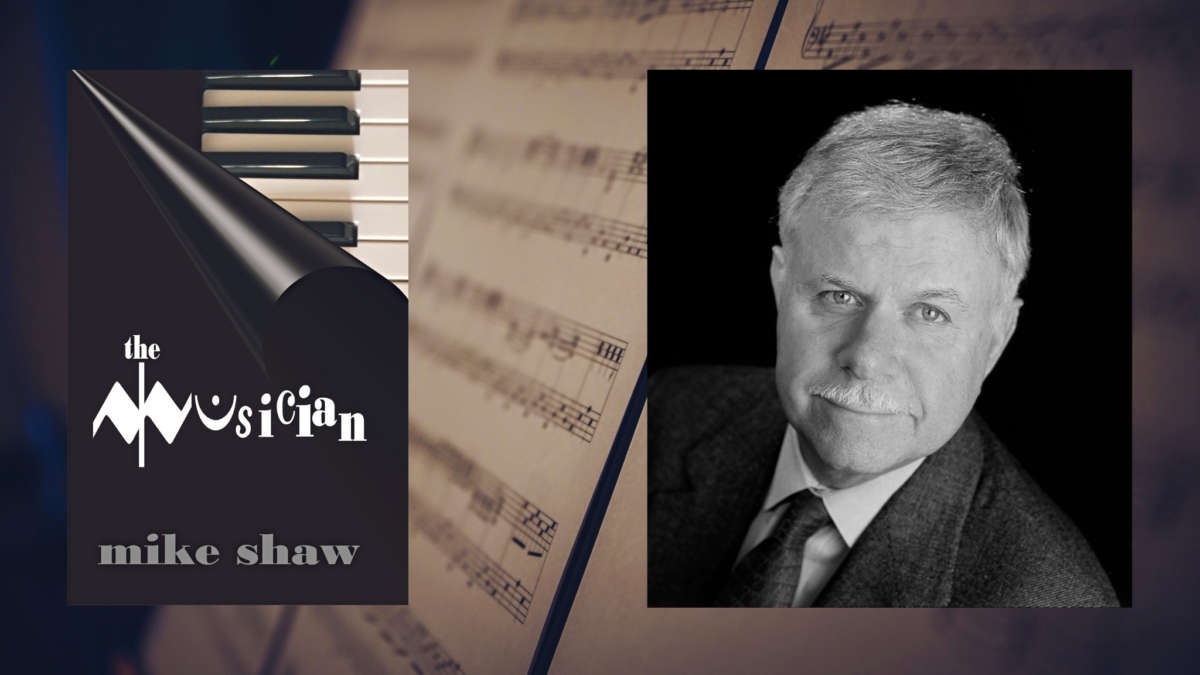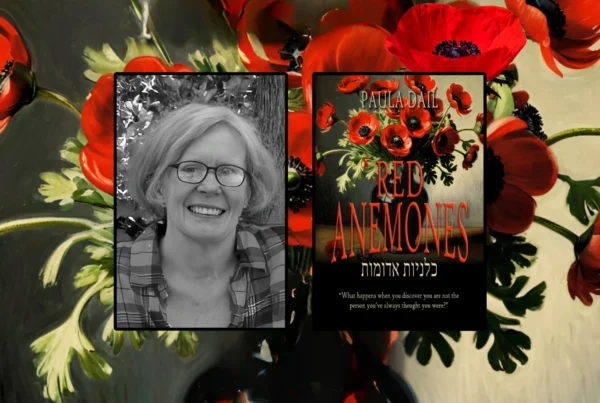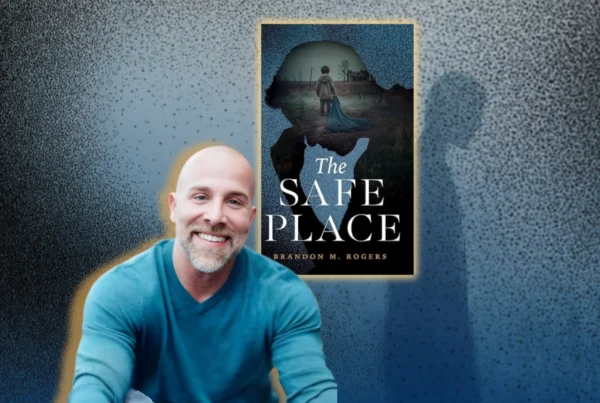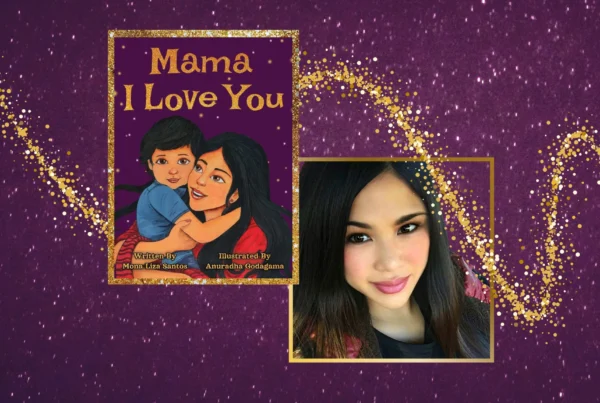“True, endearing, joyful, and at times disheartening, The Musician is an unvarnished look at what most musicians encounter when they choose to follow their dreams,” says Huffington Post’s Ralph Miriello.
Becoming an accomplished musician and receiving recognition for it eventually proves the driving force in Tom Cliffe’s life. He will give up all the accommodations of the conventional life. Even when he is nearly destitute, he cannot, will not, abandon music. Mike Shaw’s The Musician (Blue Room Books) captures the character and circumstance of life as shared by musicians everywhere, from immersion in their craft to the joy of playing music well to the frustrations associated with committing a lifetime to such an unstructured and unrewarded career.
Discussing musical passion and inspiration is always fascinating. It’s especially so when you’re you’re talking to an author! So we asked Mike Shaw our more pressing questions about his thought, and writing, processes. His responses make a great accompaniment to the novel itself. Read the full review of The Musician here.
Q: What inspired you to write The Musician?
A: The short answer is my not-so-illustrious career as a singer-pianist. For the hundreds of thousands of people who call music their career, especially performing musicians, life can be frustrating. It is certainly an unconventional lifestyle. Unlike most careers, there is no ladder, no structure for working your way up. Success, in the traditional sense, is most often accidental, based on happenstance. In the end, the music itself is what’s worth pursuing and playing it well is the reward. I wrote The Musician to chronicle the lifestyle of those who play and perform music for a living and for the millions of people, their audiences, who love music, appreciate the performers and wonder why and how they do it.
Q: How much, if any, of The Musician is autobiographical?
A: Like my protagonist Tom Cliffe, in the 1960s, while my college classmates were working in the library or waiting on tables, I was able to make money singing folk songs in the local coffeehouse. I was living my dream, and it was so gratifying that I decided I’d continue on after college, to make my way in the world of music, which I did into my 40s. Also like Tom, I was good enough to work, that is, good enough to fill a local bar or club, but like all but a few musicians, never achieved celebrity and never got “big.”
The Musician is rooted in that experience and in that life, though most of the scenes and characters are fictional.
Q: To what do you attribute Tom’s ability to stay away from addiction? It’s all around him, so it must be a difficult battle.
A: Despite all the negative influences, Tom is driven by his commitment to music and to becoming more accomplished as a pianist and singer. While his episodes with drugs put him on the edge of addiction, his commitment prevents him from getting too deeply stricken. Additionally, his experiences with drugs, in particular cocaine, don’t often end on a pleasant note. Consider the difference between him and his closest friend, Evan Fontenot, the New Orleans lawyer. While cocaine makes Evan feel invincible, it only sets paranoia on Tom.
Q: What musicians inspired or influenced you the most? Who do you listen to nowadays? Any current musicians?
A: On a recent trip to Sicily, I followed my wife into a dress shop to the tune of James Taylor’s recording of “You’ve Got a Friend,” followed by Billy Joel’s “Piano Man.” The singer-songwriter era produced the music and musicians that still appeal universally. I made my living for decades playing and singing those songs, and continue to perform them today in conjunction with my jazz trio’s arrangements of those from the American Songbook. I have for years and still place the work of Bill Evans at the top of my list of “most admired.”
Q: You yourself play several instruments. What’s your favorite? Does one instrument lend itself to a certain kind of music more than another?
A: I started with guitar, perfect for folk singing, then the folk-rock or singer-songwriter tunes I migrated to from folk. As I grew into appreciating more sophisticated music, that is, jazz, I “fell back” to the instrument I was trained on as a kid: piano, as that fundamental knowledge is necessary to play jazz. There are great jazz musicians on all instruments, so I don’t think an instrument leans one way or the other, it’s the player.
Q: Are there any more books on the horizon for you?
A: My publisher, Blue Room Books, has me working on a sequel to The Musician. I left Tom at age 42, having settled into a regular nightly gig in New Orleans. Where do Tom’s life and career go from here? Having settled on who he is and where he is in his career, how can he build a satisfying, well-rounded life around that? How do we all, no matter our profession or level of accomplishment in our careers, come to grips with where we are in life and growing older? Again, I’m writing about music but hoping the readers will see a little of themselves in the characters, their efforts and their challenges.
You can purchase The Musician here.
https://booktrib.com/wp-content/uploads/2021/10/MikeShaw-300×300.jpg
About Mike Shaw:
Mike Shaw is an Atlanta-based writer and musician. A singer-pianist, he began touring in the late 1960s, performing in nightclubs and on concert stages, solo and with jazz combos, ultimately settling in New Orleans. As a writer, he counts more than 12,000 published articles, from investigative pieces adopted by 60 Minutes and ABC 20/20 to ghostwritten articles, white papers, and blogs for corporate clients. He has founded and presided over three Atlanta-based marketing agencies.




